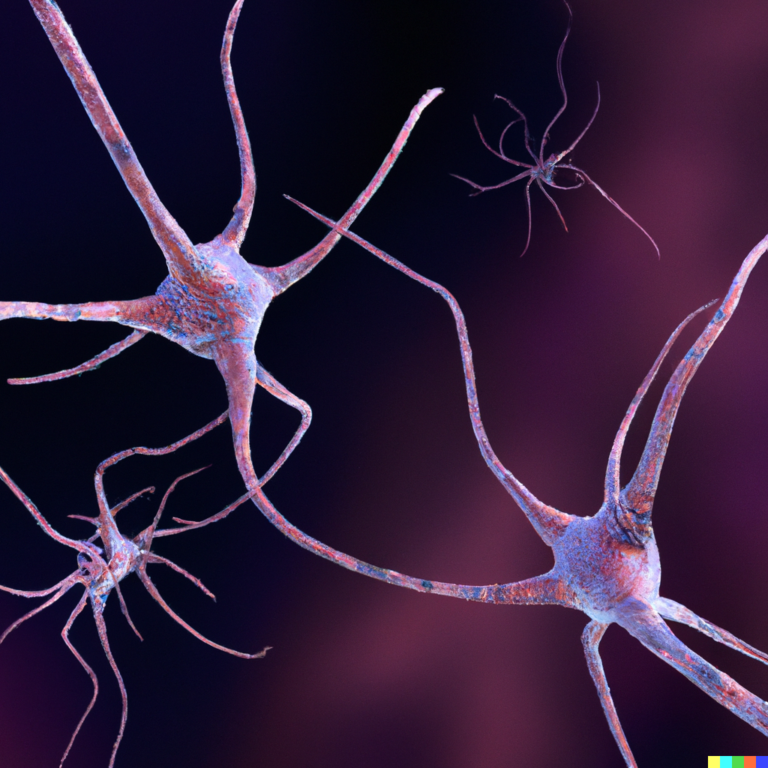Frontotemporal dementia is a type of brain disease that mainly affects the front and side parts of the brain. These areas are responsible for things like behavior, speech, and decision making. Unlike some other forms of dementia that mostly affect memory, frontotemporal dementia often changes how a person acts, talks, or interacts with others. It can happen to people in their 40s, 50s, or 60s, which is younger than most people expect for dementia.
The first signs of frontotemporal dementia are often changes in personality or behavior. Someone might become less interested in things they used to enjoy, act in ways that seem out of character, or lose their sense of empathy. They may also have trouble planning, organizing, or making decisions. Sometimes, people with this condition start speaking less, struggle to find the right words, or have trouble understanding what others are saying. Eating habits can change too, with some people developing unusual food cravings or eating more than usual.
There are different types of frontotemporal dementia. Some people mainly have problems with language, like trouble speaking or understanding words. Others have more noticeable changes in their behavior or emotions. The symptoms can be different for each person, and they usually get worse over time. Because the changes can be subtle at first, it often takes a while before someone realizes something is wrong and seeks help.
There is no cure for frontotemporal dementia, but doctors can help manage some of the symptoms. Treatment might include medications, therapy, or support for both the person and their family. Early diagnosis is important because it helps people plan for the future and get the right care.
Sources
https://en.wikipedia.org/wiki/Frontotemporal_dementia
https://stacker.com/stories/health/early-signs-frontotemporal-dementia
https://ktvz.com/stacker-science/2025/10/23/the-early-signs-of-frontotemporal-dementia/
https://my.clevelandclinic.org/health/diseases/17387-primary-progressive-aphasia-ppa
https://www.alzheimersresearchuk.org/news/spotting-early-signs-that-could-be-dementia-when-should-you-worry/





